How BirdDog Helps Landowners Execute Section 180
Why BirdDog makes this process seamless
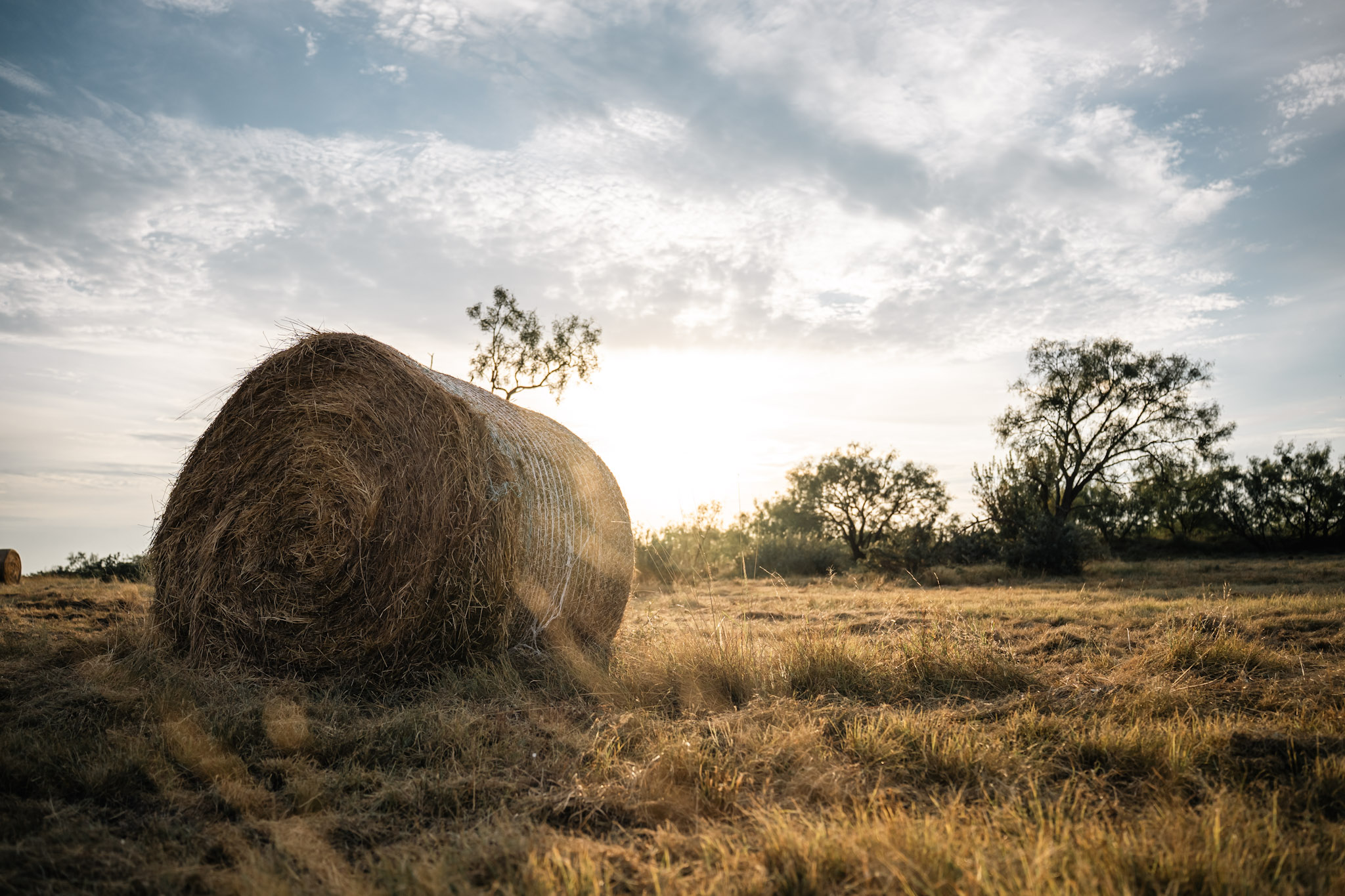
How BirdDog Helps Landowners Execute Section 180
Managing land is about more than hunting—it’s about stewardship, financial planning, and maximizing your property’s value. IRS Section 180 provides landowners with powerful tax benefits by allowing immediate deductions for soil fertility improvements. Yet, many ranchers and farmers overlook this opportunity. Why? Because execution requires soil testing, documentation, and CPA collaboration. That’s where BirdDog comes in.
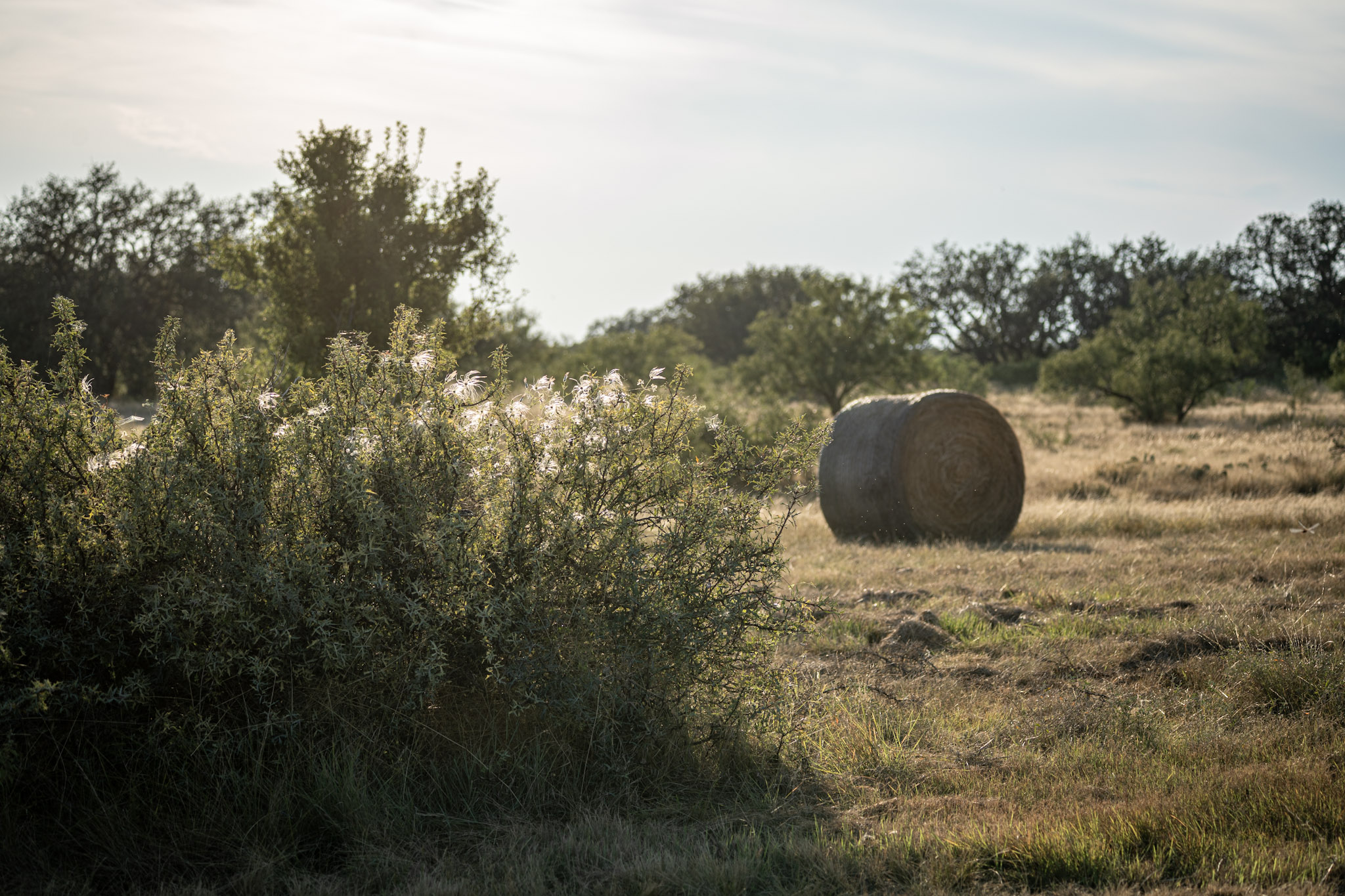
The Challenge of Section 180
While Section 180 allows landowners to deduct costs such as fertilizer, lime, and soil amendments, many don’t realize they can also claim residual fertility when purchasing farmland. This means you may be able to deduct the value of nutrients already present in the soil at acquisition—sometimes worth hundreds of dollars per acre. Without expert support, these substantial savings often go unused.
BirdDog’s Role in Section 180 Execution
At BirdDog, we go beyond connecting hunters and landowners. We help property owners treat their land like the valuable asset it is. Section 180 is a perfect example of how smart management can deliver both wildlife benefits and financial returns.
Soil Testing & Documentation
We coordinate with trusted professionals to measure soil nutrients like nitrogen, phosphorus, and potassium. This includes documenting residual fertility values when acquiring new land, providing a defensible record for the IRS and ensuring you get credit for the soil’s existing productivity.
Land Use Planning
Whether you’re planting food plots, enhancing pastures, or managing for trophy whitetail deer, BirdDog helps ensure that these improvements qualify under Section 180 and work in tandem with your hunting and agricultural goals.
CPA & Tax Coordination
We work alongside your financial team—or help you find one—so your Section 180 and residual fertility deductions are filed properly, unlocking the full tax benefits available.
Integrating Hunting & Farming Goals
Many BirdDog landowners operate multi-use properties. We make sure your soil and habitat improvements both support your tax strategy and enhance hunting opportunities—driving stronger returns from leases, guided hunts, and property value.
Real Impact for Landowners
Imagine a rancher leasing land for corporate hunts. By using Section 180 and accounting for residual fertility, they can offset the costs of:
- Planting food plots to attract deer and turkey
- Improving water systems for livestock and waterfowl
- Enhancing cover for upland birds and habitat diversity
That means:
- Better wildlife habitat across the property
- Stronger cash flow from hunting leases
- Increased property value with documented improvements
The Bottom Line
Section 180 isn’t just a tax code—it’s a strategic financial tool. With BirdDog’s expertise in land management, residual fertility documentation, and property marketing, we make sure you’re not leaving money on the table. Your land can work harder for you in hunting season and tax season alike.
Contact BirdDog today to learn how we can help maximize your land and tax benefits.
Read More...
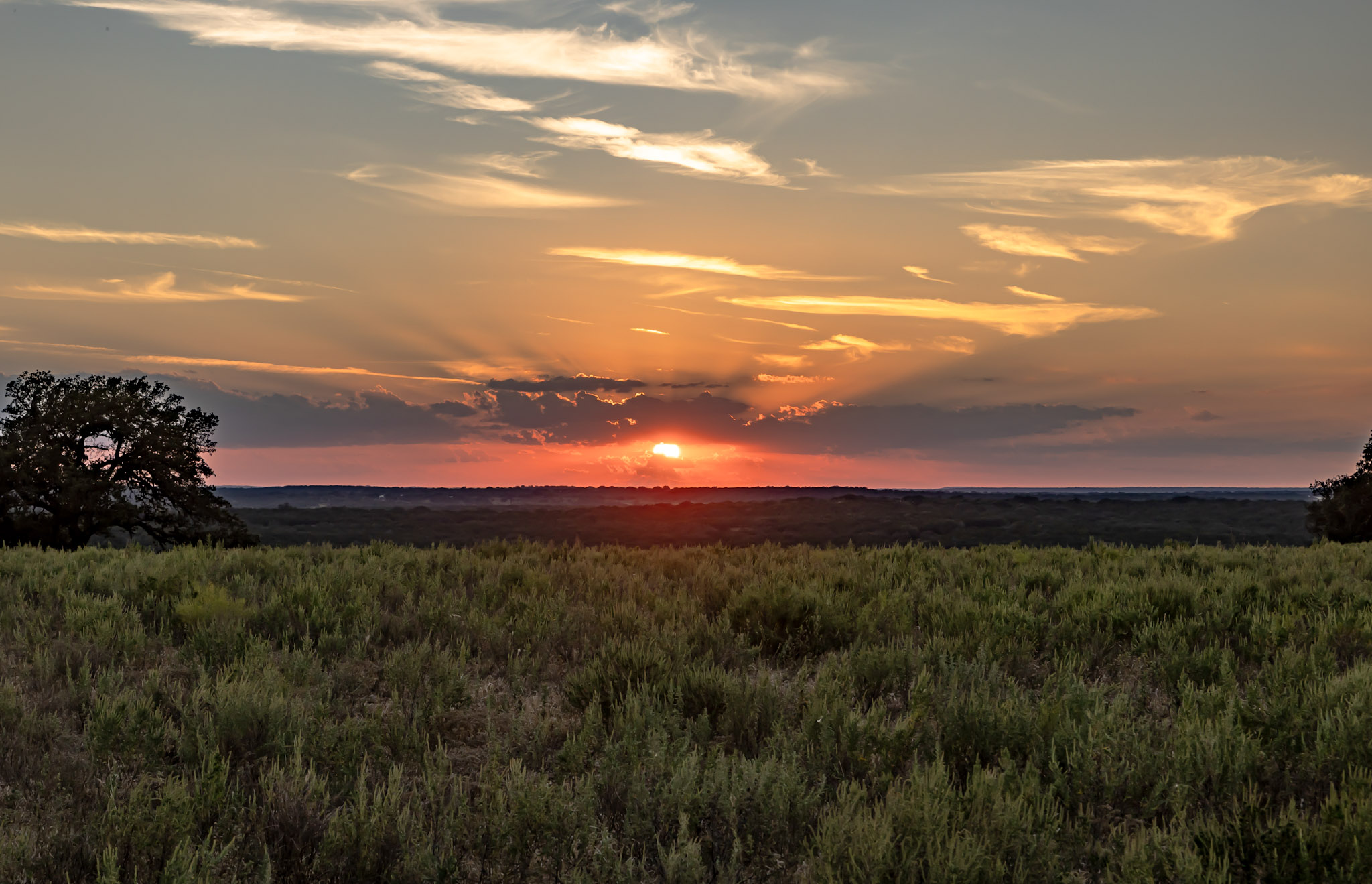
For generations, hunters have played a critical role in protecting wildlife habitat, supporting healthy animal populations, and funding conservation efforts across the country. Hunting is not just a tradition or outdoor recreation — it is deeply tied to land stewardship and the long-term health of our natural resources.
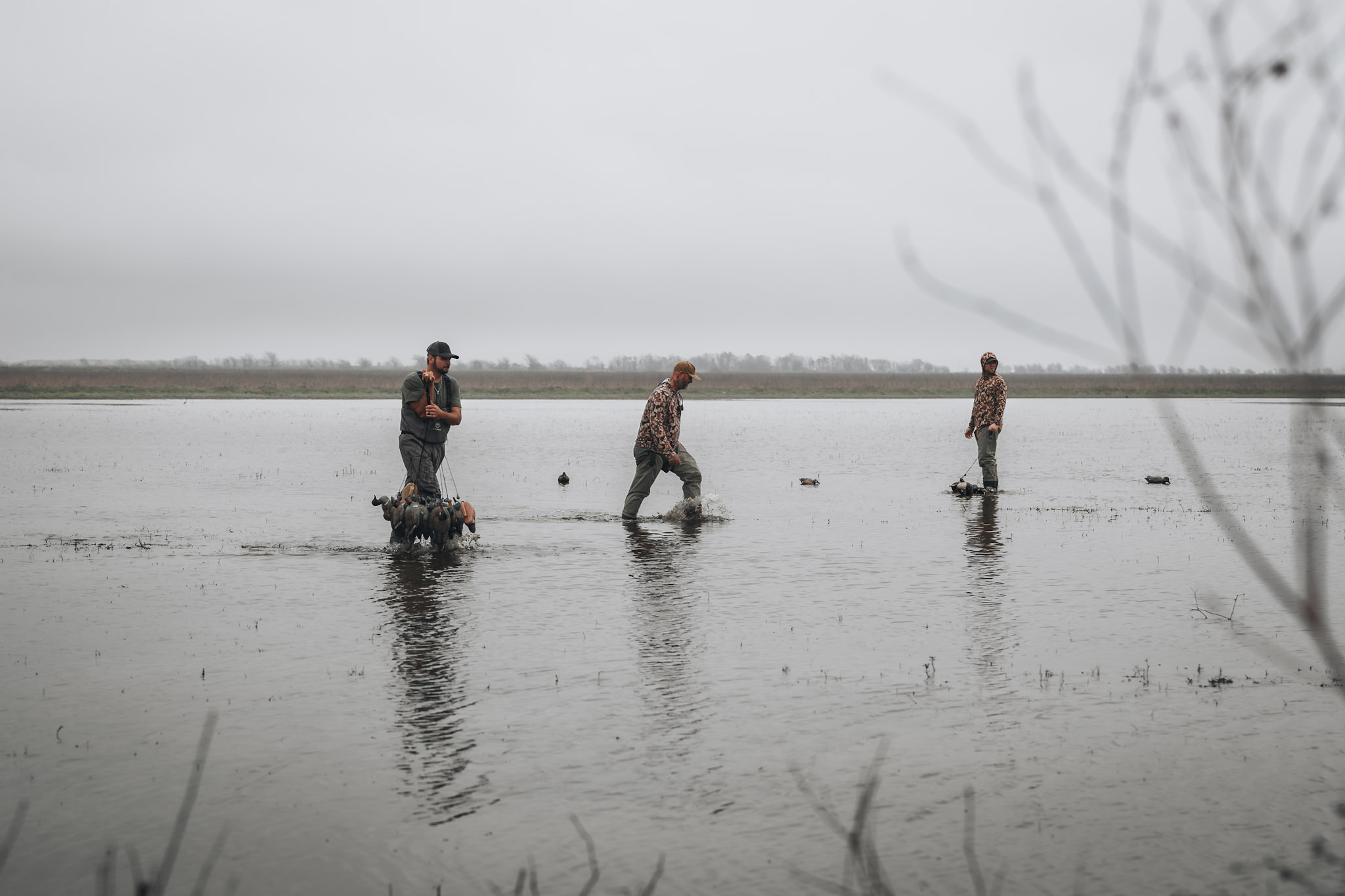
Late winter is one of the most important times of the year for wildlife habitat management in Texas. As hunting seasons wrap up and the landscape begins transitioning toward spring growth, smart habitat work now can dramatically improve forage, cover, and wildlife health for the entire year — setting your ranch or property up for long-term success.
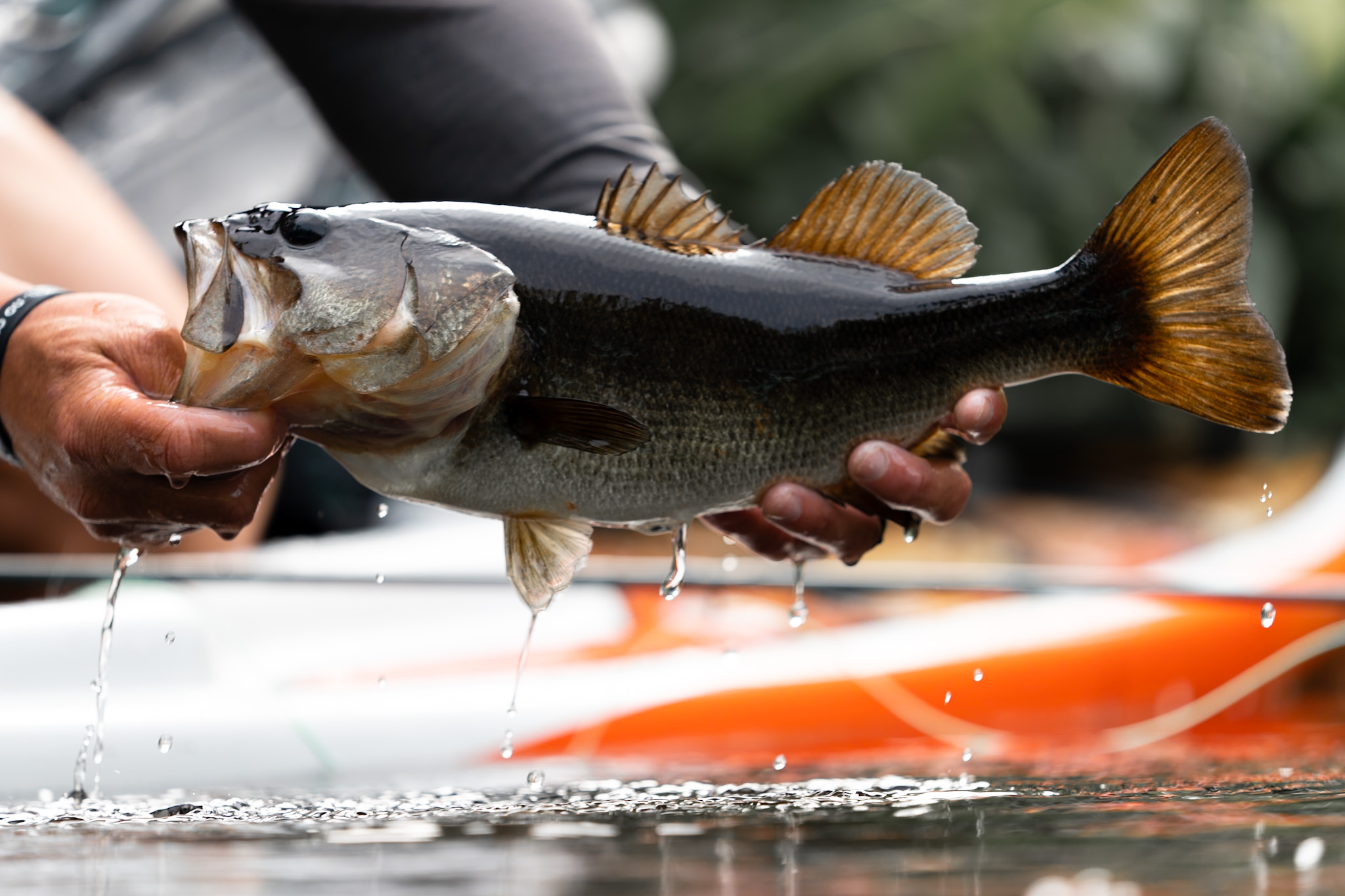
Winter pond management is one of the most overlooked — and most important — parts of maintaining a healthy bass fishery in Texas. While many landowners assume their pond “takes care of itself” once the weather cools down, the truth is that winter is when your pond sets the foundation for spring growth, forage success, and bass health.



